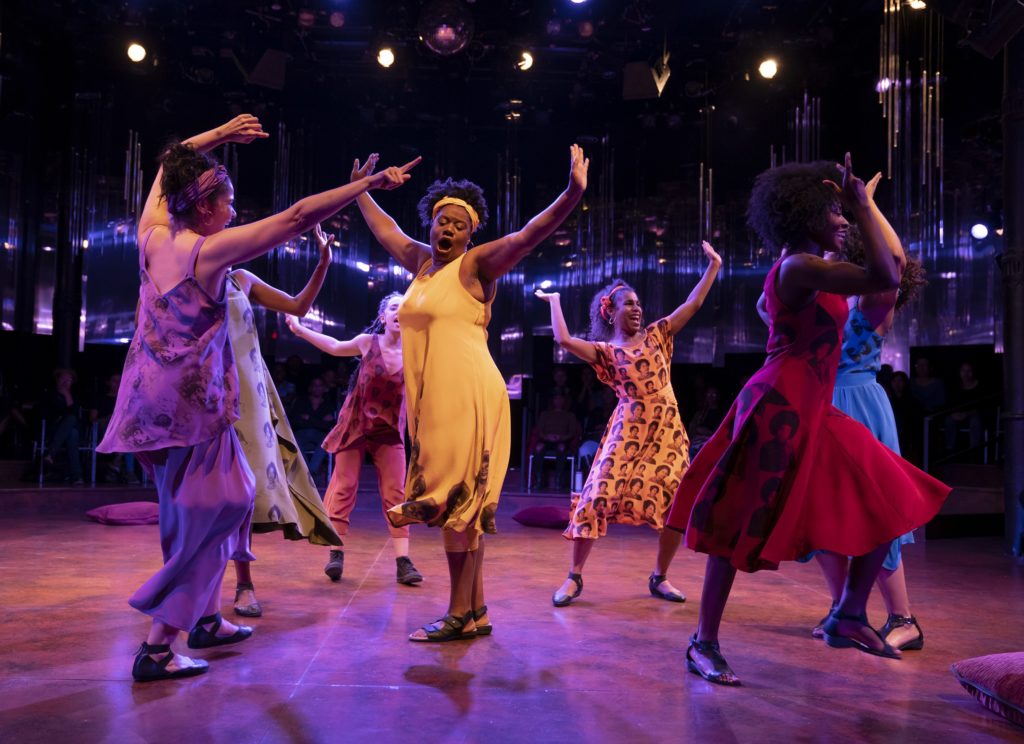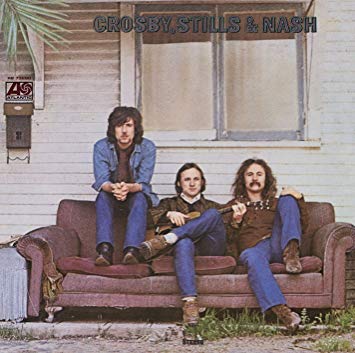* * *

Like many other prolific artists, Theresa Rebeck is notoriously inconsistent. Her plays rarely make it all the way to the finish line without stumbling, and they too often mix comedy and drama to uncertain effect. Even so, more than enough of them have been more than sufficiently interesting that I keep coming back in the hope that she’ll nail it next time. Well, she has: “Seared,” a frenetic four-hander about a neurotic chef (Raúl Esparza, who is absolutely terrific) who thinks he’s an artist, is an impeccably built commercial comedy with serious overtones that never interfere with the laugh lines. It’s staged with screwball punch by Moritz von Stuelpnagel and performed by a glittering ensemble cast on a set designed by Tim Mackabee that looks just like the kitchen of a boutique restaurant….

Ntozake Shange’s “for colored girls who have considered suicide/when the rainbow is enuf” (the once-trendy orthography is hers) is a “choreopoem” (her word, too) about seven young women of color who reflect in free verse and something more like prose on their lives and problematic prospects. It moved from the Public Theater to Broadway in 1976 and, to everyone’s amazement, ran there for 742 performances, but hasn’t had a major revival since. Now the Public is bringing it back, this time in an off-Broadway production directed by Leah C. Gardiner, choreographed by Camille A. Brown and performed by a splendidly tight and unified ensemble…
My own feelings about “For Colored Girls” are mixed. It is, not at all surprisingly, a period piece, at all times earnest to a fault, and the poetry is very much of its time: “this waz an experiment/to see how selfish I cd be/if I wd really carry on to snare a possible lover/if I waz capable of debasin my self for the love of another.” Not so the prose vignettes, which offer unvarnished glimpses of black urban life (“god seemed to be wipin his feet in her face”) that are bold, pithy, compelling and, most important of all, immediately relevant to the present moment….
* * *
To read my review of Seared, go here. To read my review of for colored girls who have considered suicide/when the rainbow is enuf, go here.A video featurette about Seared:
A montage of scenes from for colored girls who have considered suicide/when the rainbow is enuf:


